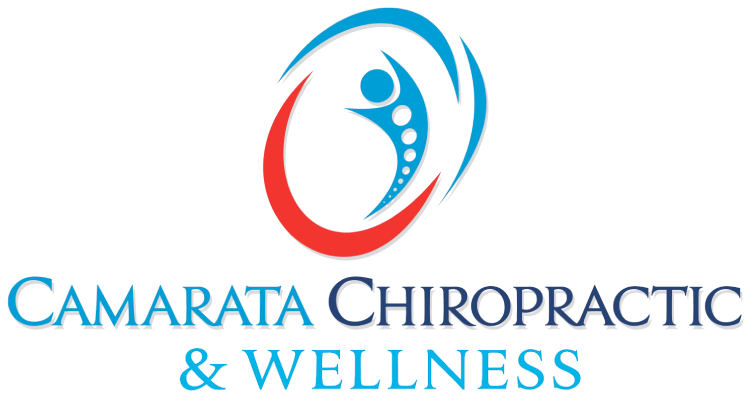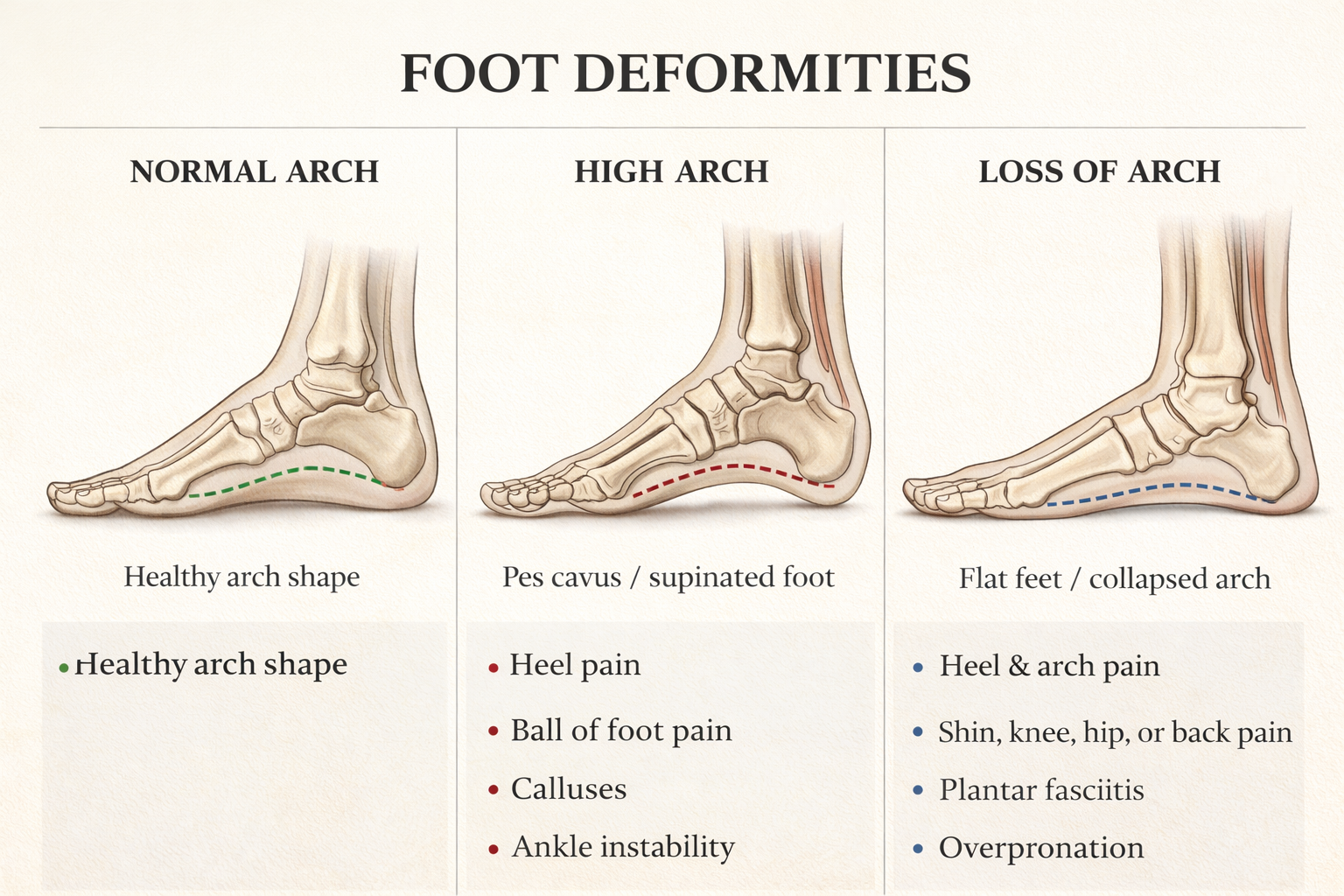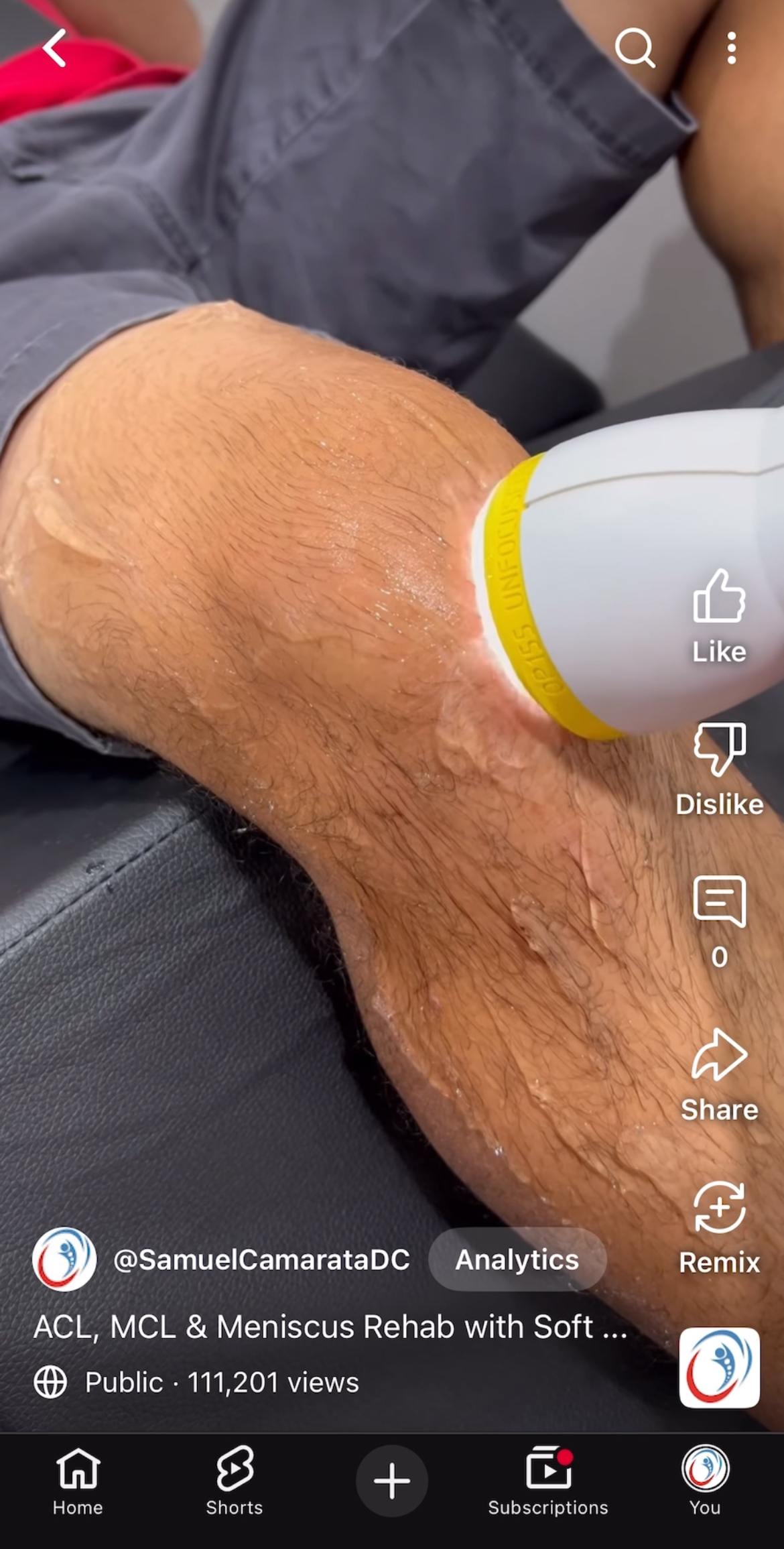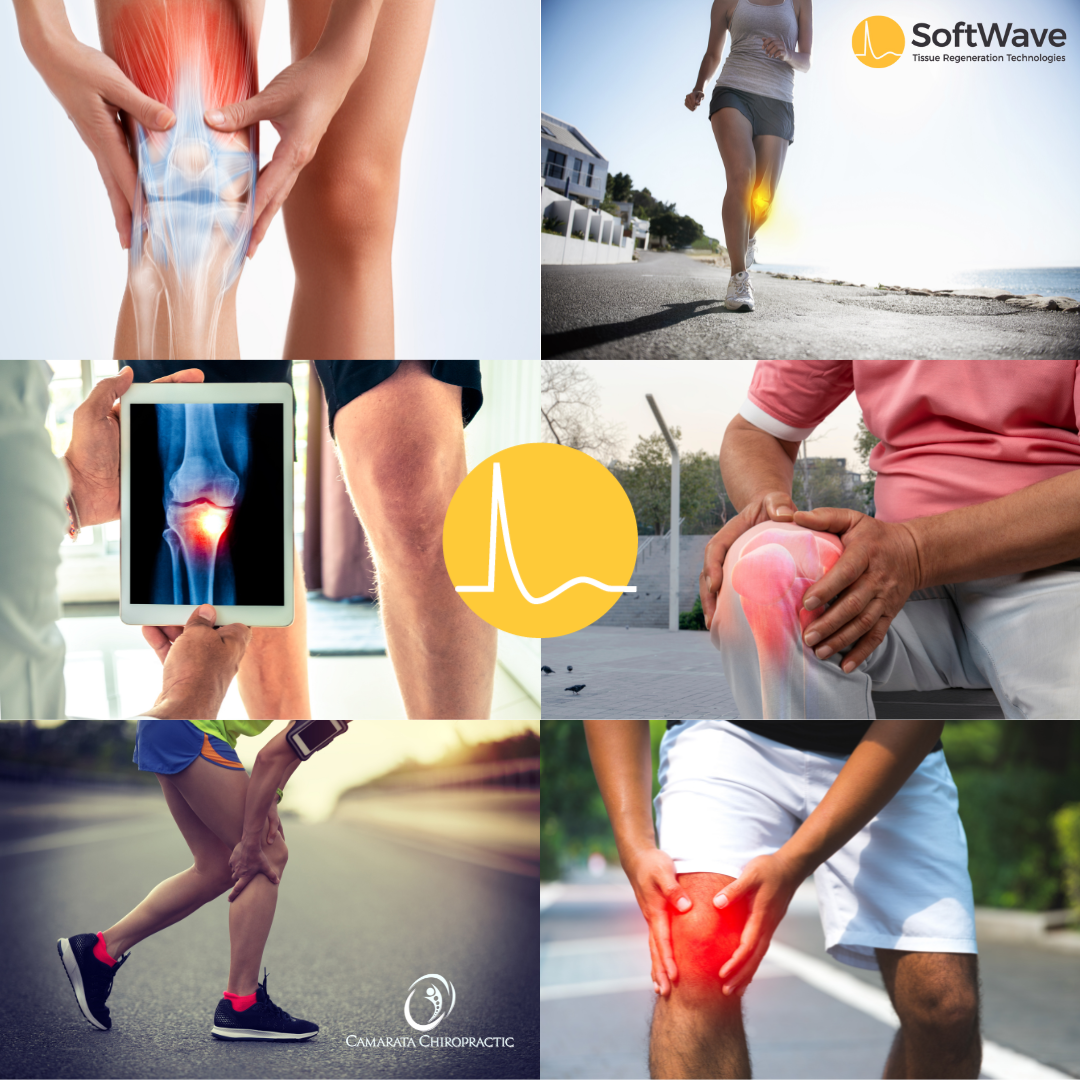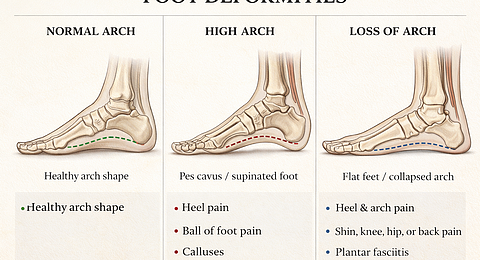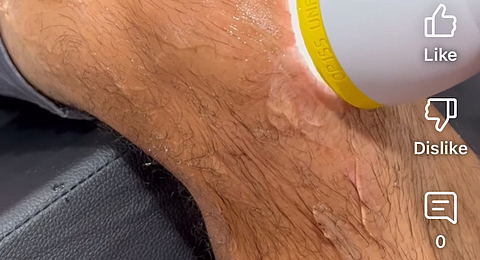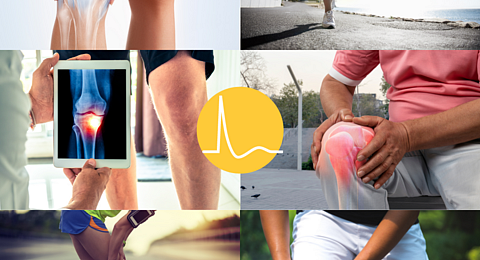Blog
Understanding the Meniscus of the Knee: A Common Culprit of Knee Pain
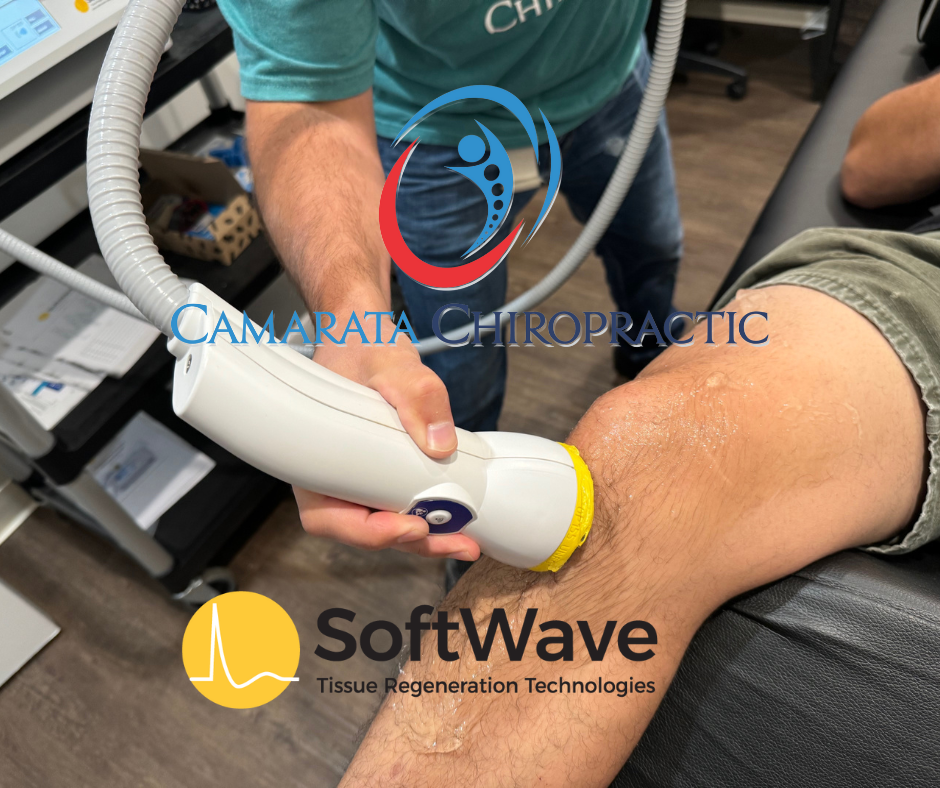
Knee pain is a common complaint that can significantly impact your quality of life. One of the most frequent causes of knee pain is a meniscus tear. Understanding the role of the meniscus in the knee and the impact of injuries or degenerative changes can help in seeking appropriate treatment. At Camarata Chiropractic & Wellness in North Chili, Rochester, NY, Dr. Sam Camarata and his team offer advanced solutions like SoftWave Tissue Regeneration Technology (TRT) to address knee pain effectively.
What is the Meniscus?
Anatomy of the Meniscus
The knee joint comprises two crescent-shaped pieces of cartilage known as the menisci (singular: meniscus). Each knee has a medial meniscus on the inner side and a lateral meniscus on the outer side. These structures act as shock absorbers, distributing weight and reducing friction during movement. They also contribute to the stability of the knee joint.
Function of the Meniscus
The primary functions of the meniscus include:
- Shock Absorption: Cushioning the impact between the femur (thighbone) and the tibia (shinbone).
- Joint Stability: Enhancing the stability of the knee by evenly distributing load.
- Lubrication and Nutrition: Facilitating smooth movement and distributing synovial fluid to nourish the knee cartilage.
- Load Transmission: Helping to transmit weight across the knee joint.
Osteoarthritis and the Meniscus
Osteoarthritis (OA) of the Knee
Osteoarthritis is a degenerative joint disease characterized by the breakdown of cartilage. In the knee, OA can affect the meniscus, leading to its thinning, tearing, or fraying. This condition results in pain, stiffness, and reduced mobility.
Meniscus Tears
Meniscus tears are common in both younger, active individuals and older adults with degenerative changes in the knee. These tears can occur from acute injuries or from degenerative processes over time.
Common Causes of Meniscus Tears
- Trauma: Sudden twisting or pivoting movements, especially in sports like football, basketball, and soccer.
- Degeneration: Age-related wear and tear, making the meniscus more prone to tears.
- Heavy Lifting: Activities that place excessive stress on the knee joint.
Symptoms of Meniscus Tears
- Pain: Especially when twisting or rotating the knee.
- Swelling: Often within a few hours of the injury.
- Stiffness: Reduced range of motion in the knee.
- Locking: A sensation of the knee being stuck or locked.
- Instability: Feeling like the knee is giving way.
Superior Approach: SoftWave Tissue Regeneration Technology
What is SoftWave Therapy?
SoftWave Tissue Regeneration Technology (TRT) is a non-invasive treatment that uses electrohydraulic supersonic acoustic waves to stimulate healing at the cellular level. This therapy promotes tissue repair, reduces pain and inflammation, and improves mobility.
Benefits of SoftWave Therapy
Repair Effects
Unlike corticosteroid injections, which only provide temporary pain relief and come with potential side effects, SoftWave Therapy promotes actual tissue repair. It stimulates the body's natural healing processes, leading to long-term improvements in knee health.
Decreased Pain and Inflammation
SoftWave Therapy targets the root causes of pain and inflammation, providing significant and lasting relief. This makes it an effective treatment for both acute meniscus injuries and chronic conditions like osteoarthritis.
Improved Mobility
By enhancing tissue repair and reducing inflammation, SoftWave Therapy helps improve joint mobility. Patients often experience a greater range of motion and less stiffness after treatment.
How SoftWave Therapy Works
- Angiogenesis: The formation of new blood vessels improves blood flow and nutrient delivery to the injured tissues.
- Stem Cell Activation and Migration: SoftWave Therapy activates and mobilizes stem cells to the injury site, promoting natural healing and tissue regeneration.
- Modulation of Inflammation: The therapy regulates the body’s inflammatory response, reducing swelling and pain.
- Activation of Toll-Like Receptors: These receptors play a crucial role in the immune response and tissue regeneration.
- VEGF (Vascular Endothelial Growth Factor): Promotes new blood vessel growth.
- eNOS (Endothelial Nitric Oxide Synthase): Enhances blood flow and reduces inflammation.
- BMP (Bone Morphogenetic Proteins): Essential for bone and cartilage repair.
Why Choose SoftWave Over Corticosteroid Injections?
Corticosteroid injections provide temporary relief but do not promote healing. They can also have side effects and are limited in frequency due to potential adverse effects. SoftWave Therapy, on the other hand, offers:
- Long-Term Relief: By promoting tissue repair and reducing inflammation.
- No Side Effects: Safe and non-invasive with no risk of adverse effects.
- Sustainable Results: Supports ongoing tissue health and function.
Contact Camarata Chiropractic & Wellness
If you’re experiencing knee pain due to a meniscus tear or osteoarthritis, SoftWave Therapy at Camarata Chiropractic & Wellness can help. Contact Dr. Sam Camarata and his team today to schedule your SoftWave Discovery Day session.
$99 New SoftWave Special Intro Visit Here!
Camarata Chiropractic & Wellness
Address: 3237 Union St, North Chili, NY 14514
Phone: 585-617-4145
Take the first step towards pain-free living and improved knee health with SoftWave Therapy.
Schedule Your SoftWave Visit Online Here!
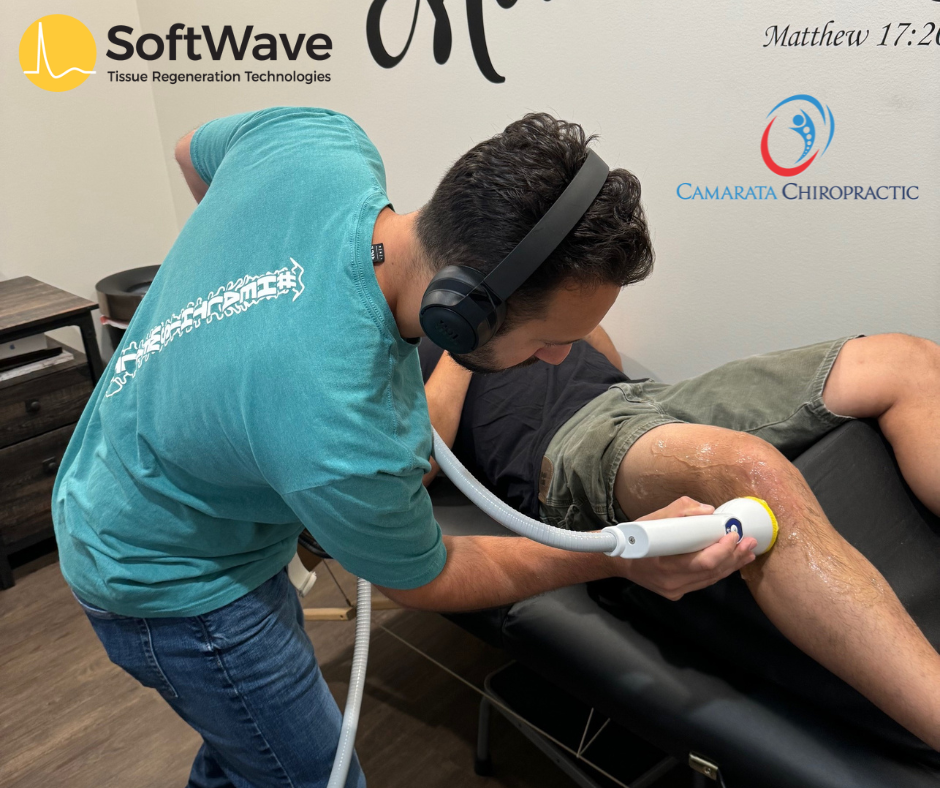
‹ Back
